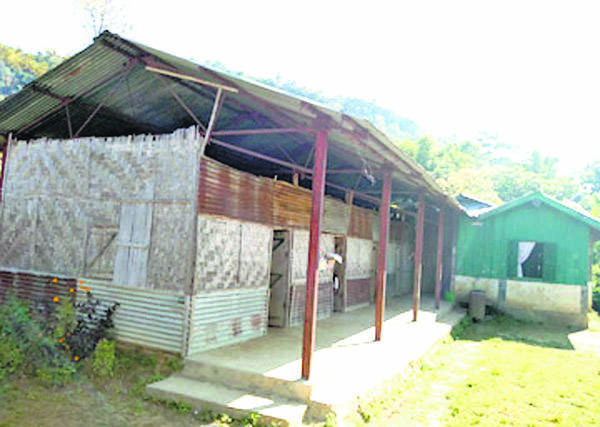
Correspondent KOHIMA, JAN 19 (NPN) | Publish Date: 1/19/2020 12:35:42 PM IST
Six years after “Communitisation” was introduced in 2002 in Nagaland, the state won the coveted United Nations Award for Public Service from Asia and the Pacific region for “fostering participation in policy making through innovative mechanism” in June 23,2008 in New York.
Communitisation was inspired by the Village Development Board concept in Phek introduced in 1976. This concept was adopted as Communitisation by the state government in 2002 as an innovative policy of grassroot participation in development.
Following the communitisation of education and as per “The Nagaland Experience-thematic report” 2009 research report prepared by the planning and coordination department in 2009, there was a steady increase in enrolment rates, decrease in dropout rates, improvement in teachers’ attendance and corresponding improvement in attendance of students, timely disbursal of employee salaries, weeding out proxy employees and, in some cases, there was qualitative changes in school curriculum with active inputs from the community.
However, today, all these have become history and gains in the education sector have been lost as the very essence of communitisation has been trampled upon as the sector is now plagued by the problem of proxy teachers.
Sources said proxy teachers have become ramppant owing to the laxity of village education councils (VECs). Worse, the inability of school education department to check this, has also led to lowering of quality of education.
During a review meeting in 2019, one administrative officer had pointed out that excessive power had been given to the VECs because of which teachers hardly had any respect for or fear the district administrative officers.
The department has been making all efforts to put an end to the proxy system, but till today, the “strong words” uttered by higher-ups to check proxy teachers have not translated into action.
School education principal director (PD) Shanavas C has been found speaking aloud against the proxy system and had even admitted that communitisation model was being implemented poorly on many occasions.
And in an effort to deliver quality education and ensure that teachers are regular in school, the department is now also on the job to introduce “Teachers’ Diary” where teachers will have to record all their activities.
The much-spoken biometric attendance system will also hopefully be introduced within two to three months from now.
Speaking to Nagaland Post, Shanavas exuded confidence that “some positive results” would follow once the teachers’ diary and biometric attendance systems were put in place, though he admitted that 100% changes could not be expected.
And considering the massive lapse in the communitisation programme, he said the State government was also in the process of setting up a 10-member high-level committee to review the programme. And whatever amendments are required would be done once the committee submitted its report, he assured.
The PD asserted that had the communitisation programme been strictly implemented, then Nagaland’s educational system would have been totally different. He regretted that it was not doing any good now except in very few schools.
Taking note of the discrepancies in Mid Day Meal scheme and to ensure transparency, he said ration would be dispatched with stickers pasted on the allocated materials, and the same sticker would have to be pasted on notice boards. He said anyone could lodged a complaint at 6009256788 through SMS if any violation was found in the dispatched allocation, adding that immediate action would be initiated against the guilty.
Shanavas said over 100 posts of graduate teachers would be advertised for recruitment very soon. He added that there were around 20,000 teachers currently, which included primary, graduate, Hindi and PGT, for over 1.4 lakh students at a teacher-student ratio of 1:7.
[“source=nagalandpost”]








